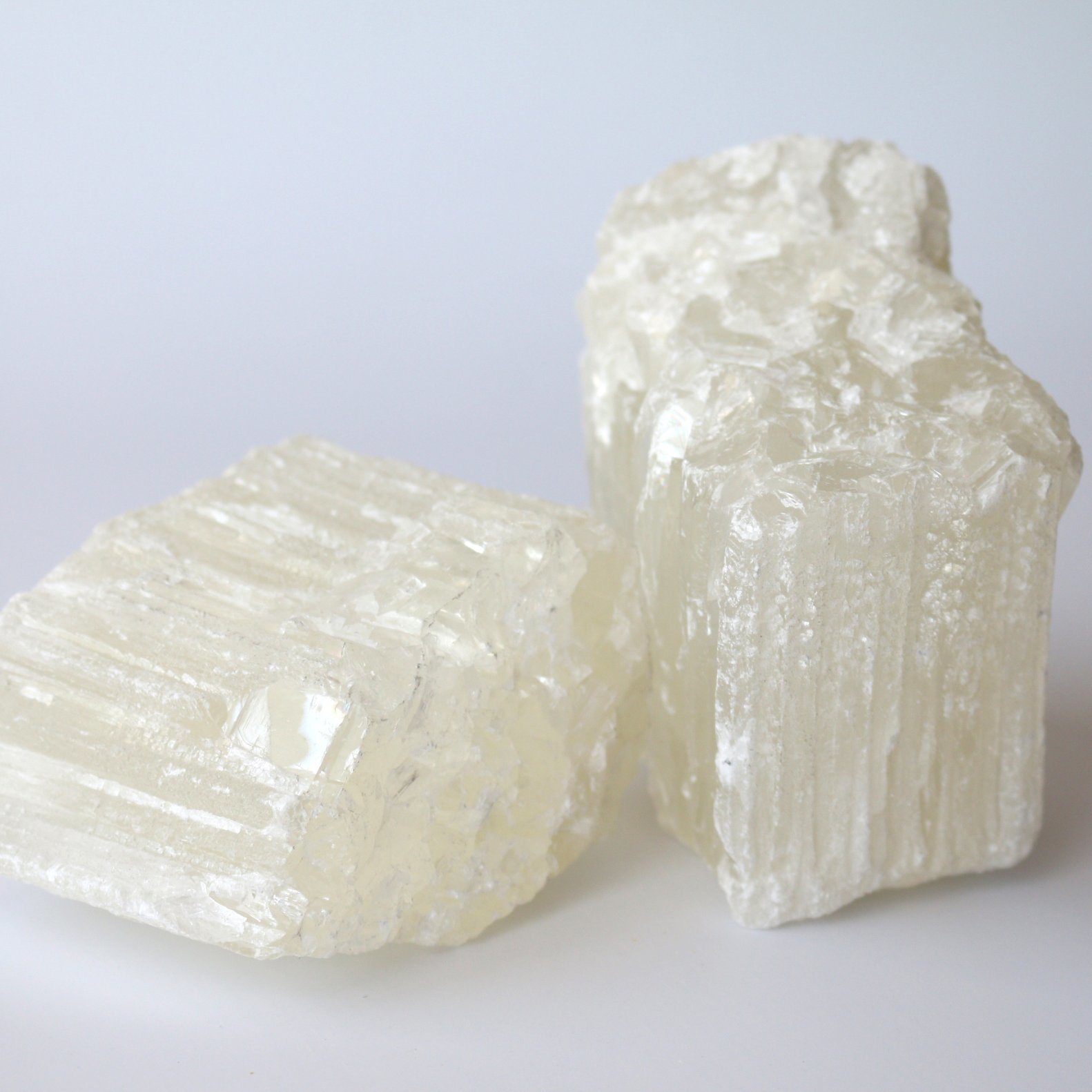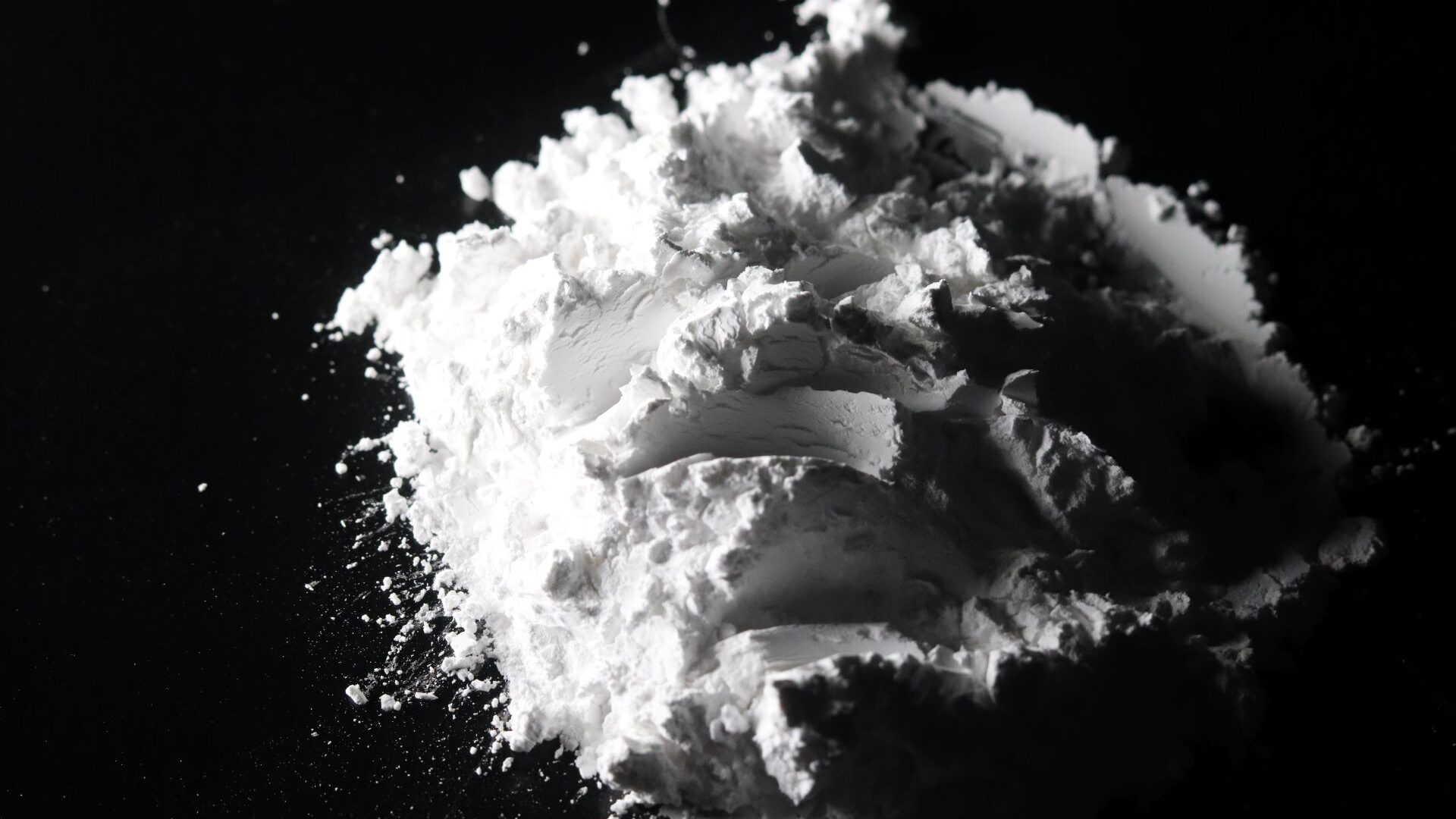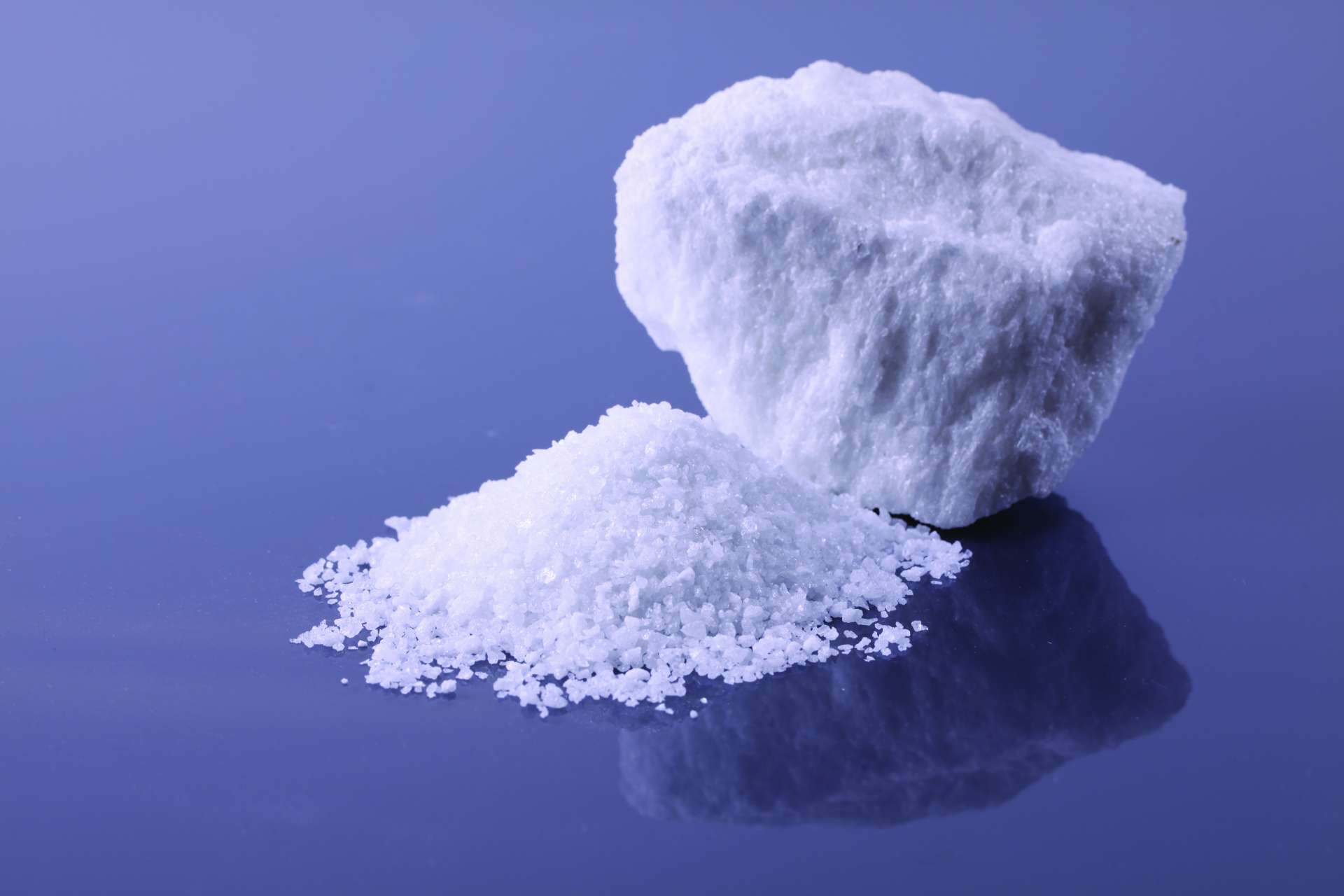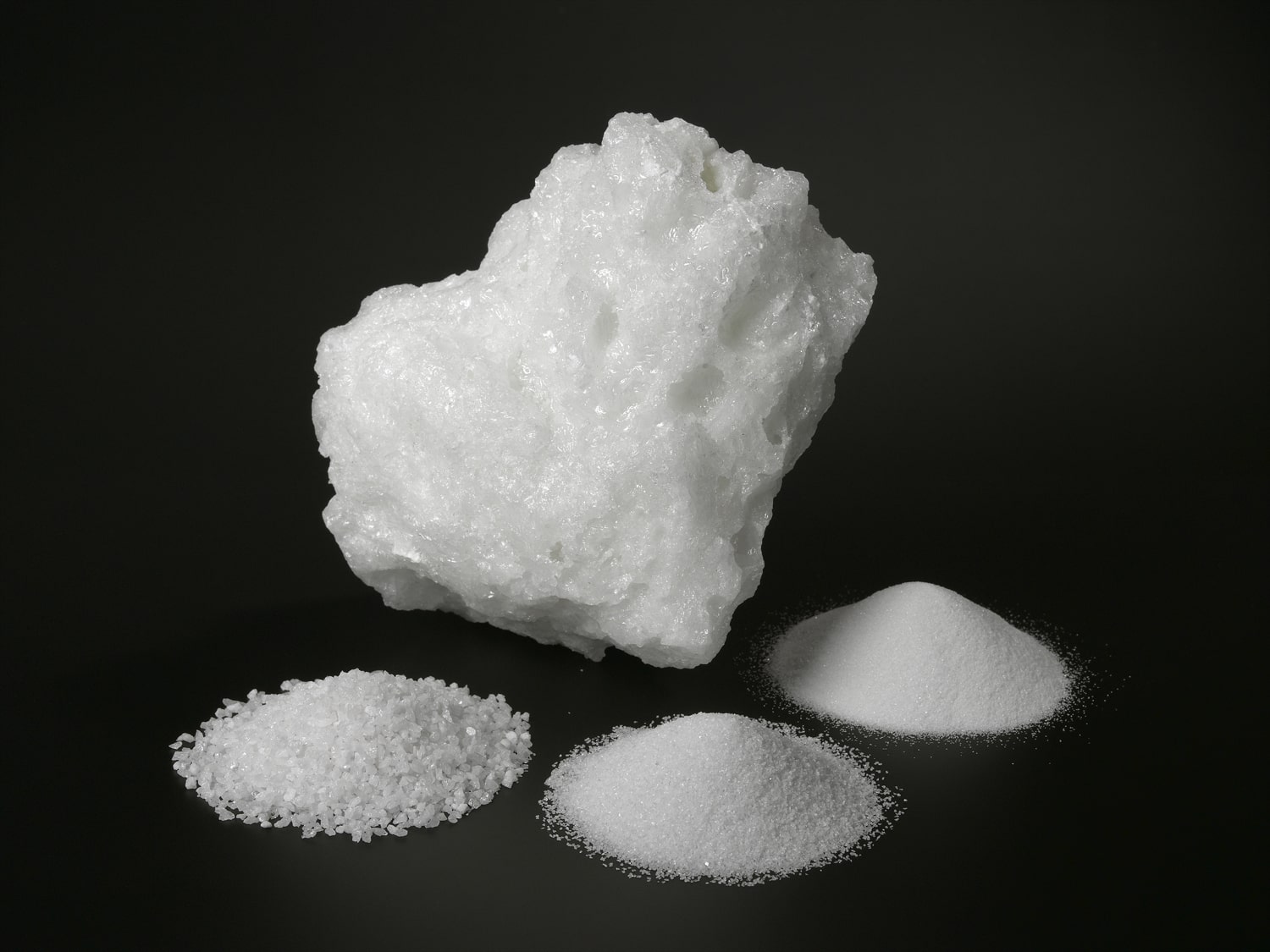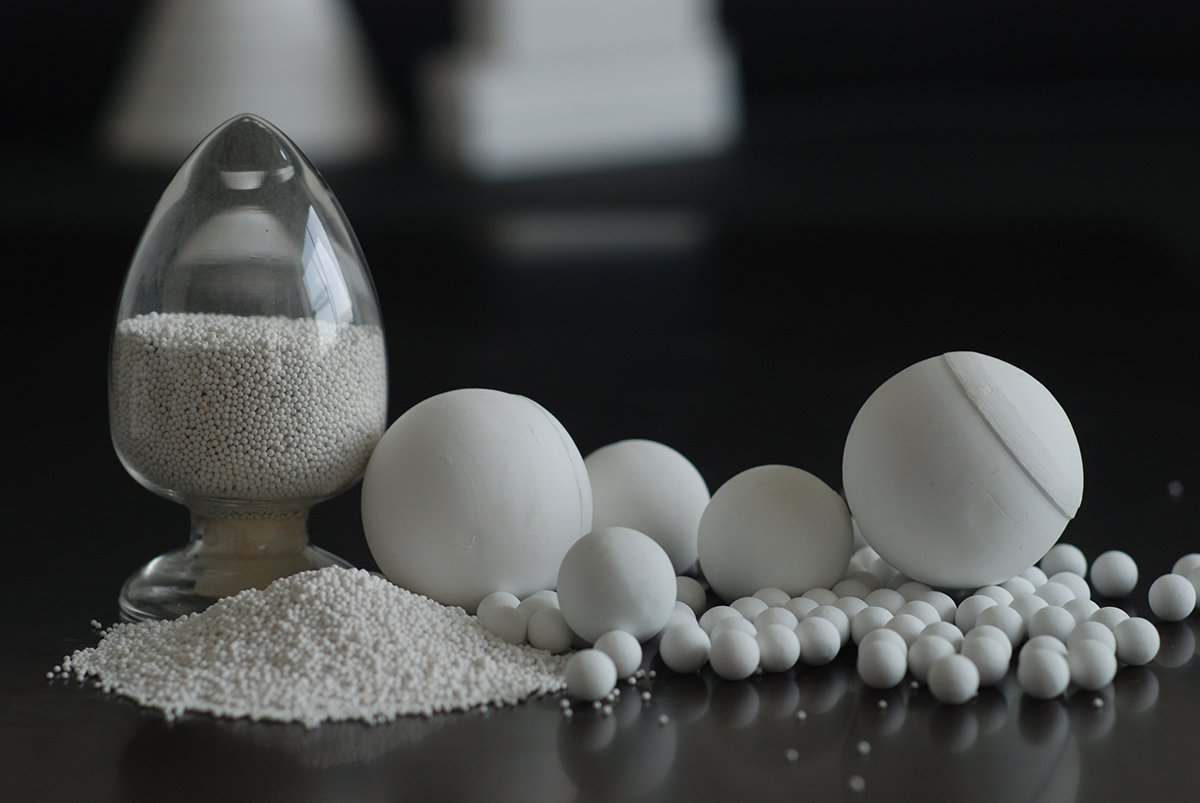Refractory products are used in high-temperature industrial processes in various industries such as steel, cement, petrochemical, and more. They provide protection against extreme heat, corrosion, and wear, making them critical components of industrial operations. However, even the best-quality refractory products can degrade over time, reducing their efficiency and lifespan. In this blog post, we will discuss the best practices for maintaining and repairing refractory products to ensure their longevity and optimal performance.
Best Practices for Refractory Product Maintenance:
Regular Inspections:
Regular inspections are essential to identify any potential issues with refractory products before they become critical problems. Inspections should be carried out by trained professionals who can identify signs of wear, cracking, and other issues. These inspections should be carried out at least once a year or more frequently, depending on the operating conditions.
Proper Installation:
Proper installation is critical to the longevity of refractory products. Improper installation can cause issues such as cracking or delamination, leading to reduced efficiency and lifespan. It is essential to follow the manufacturer’s guidelines for installation and use trained professionals for installation.
Correct Material Selection:
Choosing the right refractory product for your specific application is critical to its longevity. Refractory products are available in various materials, including fireclay, silica, alumina, and more. The material selection should be based on the operating temperature, chemical composition, and other factors specific to the application.
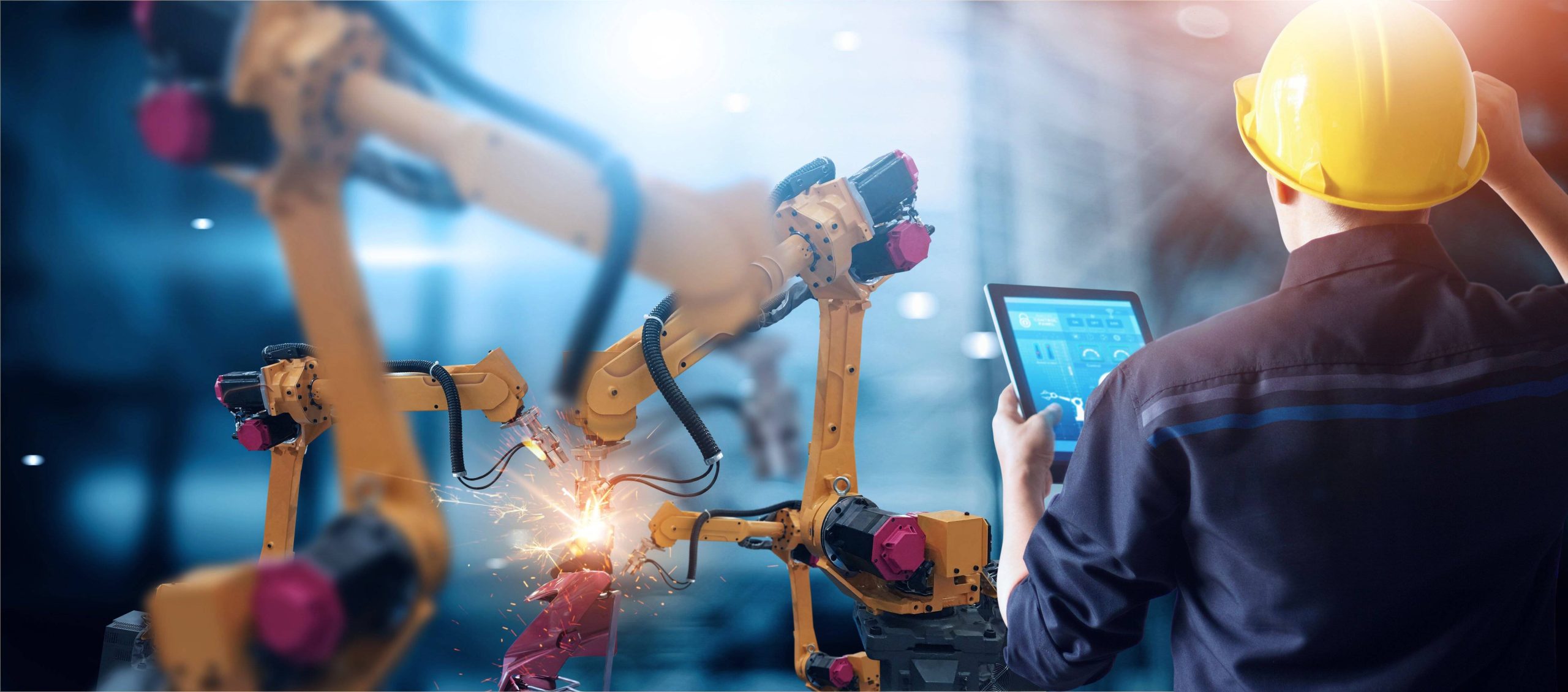 Engineer check and control welding robotics automatic arms machine in intelligent factory automotive industrial with monitoring system software. Digital manufacturing operation. Industry 4.0[/caption]
Engineer check and control welding robotics automatic arms machine in intelligent factory automotive industrial with monitoring system software. Digital manufacturing operation. Industry 4.0[/caption]
Regular Cleaning:
Regular cleaning of refractory products can help remove any build-up of debris, dust, or other contaminants that can affect their performance. Cleaning should be carried out using non-abrasive materials and techniques recommended by the manufacturer.
Best Practices for Refractory Product Repair:
Timely Repair:
Timely repair of any damage to refractory products is essential to prevent further damage and extend their lifespan. Repair should be carried out as soon as any issues are identified during inspections.
Use of Quality Materials:
The use of high-quality materials for repairs is critical to ensure the longevity of refractory products. The materials used for repairs should be compatible with the existing refractory product and suitable for the specific application.
Trained Professionals:
Refractory product repair should be carried out by trained professionals with experience in repairing refractory products. Improper repair techniques can cause further damage and reduce the lifespan of refractory products.

Maintaining and repairing refractory products is essential to ensure their longevity and optimal performance. At Pennekamp Middle East, we provide high-quality refractory raw materials and refractory finished products, along with expert advice on maintenance and repair. Contact us today to learn more about our products and services.



 Engineer check and control welding robotics automatic arms machine in intelligent factory automotive industrial with monitoring system software. Digital manufacturing operation. Industry 4.0[/caption]
Engineer check and control welding robotics automatic arms machine in intelligent factory automotive industrial with monitoring system software. Digital manufacturing operation. Industry 4.0[/caption]



